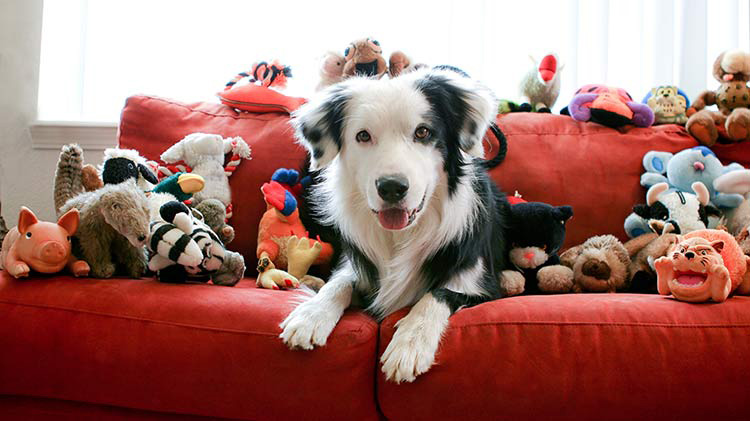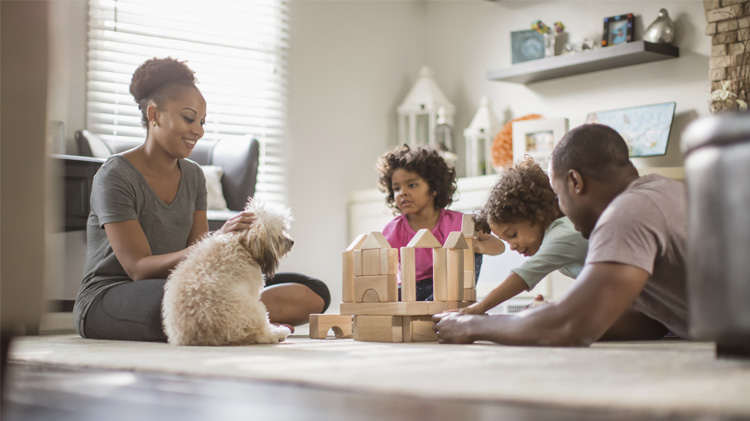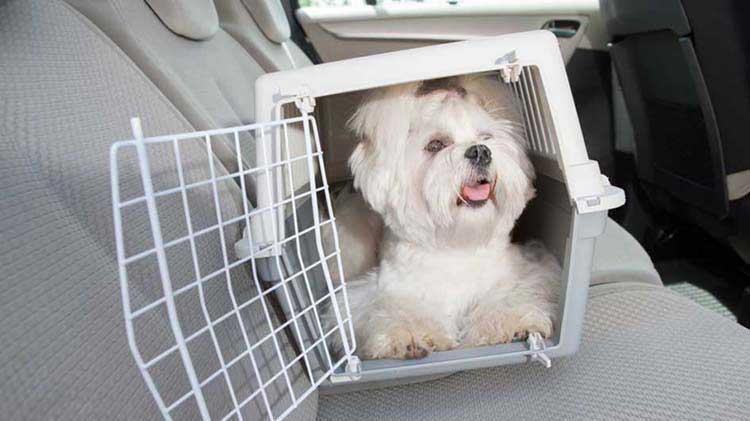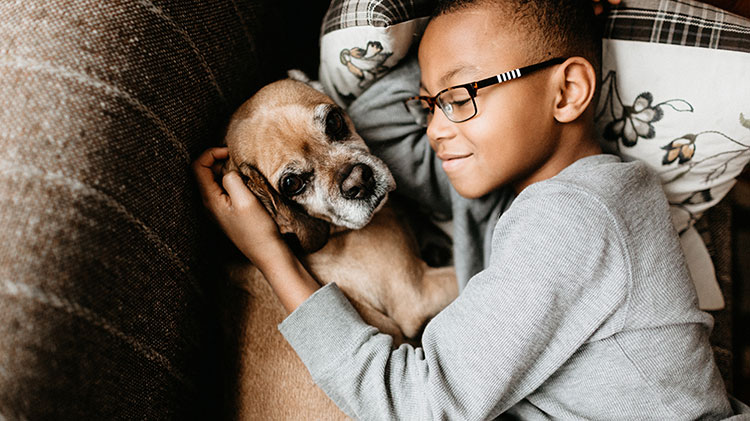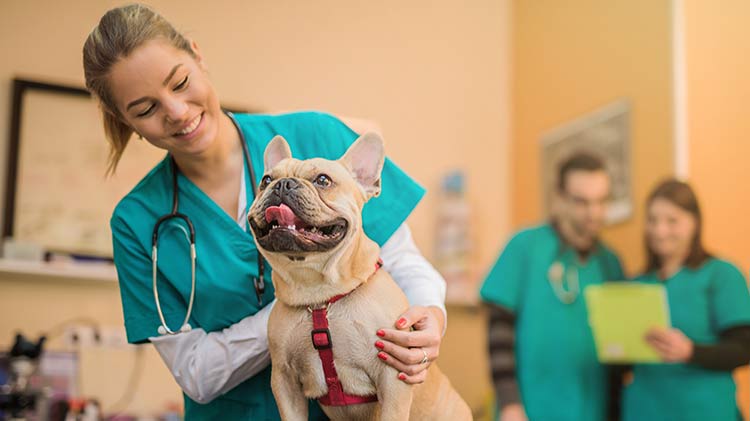COVID-19 pet preparedness
Disaster preparation is usually something you think about if there is a natural disaster or severe weather event. But what about preparing for a pandemic? Just like preparing for a disaster, taking time now to make plans can make all the difference. In case you can no longer take care of your pets or have to go to the hospital, having a plan and emergency kit ready will reduce stress and anxiety for everyone, especially your pet.
Know the facts
So far, there is no current evidence that pets can transmit COVID-19 to people. However, given the limited reports of people spreading COVID-19 to their pet, it is best to limit contact with your pet if you are sick.
- Maintain separation from your pets as you would other household members.
- If possible, have another member of your household or someone else you trust care for your animals while you are sick.
- If you must care for your pet or be around animals while you are sick, wash your hands before and after you interact with them.
- Refrain from hugging, kissing and sharing food with pets; coughing or sneezing on your pets; and allowing animals from different households to mingle.
- Wash pet bedding, leashes, collars, dishes and toys the same way you would clean other surfaces in your home.
Prepare a pet supply kit
It may not seem necessary today, but if you find yourself in an emergency situation, having the proper supplies (including food, medications, veterinarian contact, etc.) already packed and ready will be a huge help. Your pet disaster kit should include:
- Name and contact information for the person who can care for your pet
- Name and contact information for a back-up in case your first contact is no longer able to help
- Food and treats (for at least two weeks)
- A leash and harness
- Toys, a bed and blanket
- A crate or carrier to transport your pet
- Cat litter and litter box
- Vaccination records and contact information for your veterinary clinic
- Collars with ID tags (and remember to update your pet's microchip information)
- Medications and prescriptions with instructions
- Daily care instructions
Identify someone who can help if you are hospitalized or become too ill to care for your pet
Reach out now to your neighbors, friends, coworkers or family members who could temporarily take them in. Many boarding facilities remain open and also may be able to provide care. The most important thing you can do today is talk directly with people who can help so they're prepared in case they're called to action.
I am being a good neighbor and helping someone who is sick by walking their dog. How do I stay safe?
- Always practice social (physical) distancing if this person is still home, as well as when you're on a walk.
- Wear gloves when entering the person's home, when you handle objects such as a leash or toys or if you are helping to feed the pet.
- Follow the general health department guidelines on wearing a face covering when you are out in the community while walking the dog. Even people who don't feel sick or show symptoms can spread the virus.
Being a responsible pet owner means preparing for the unexpected. Pets rely on their owner for food, welfare and safety. To help pet owners prepare for the unexpected, State Farm® has expanded their alliance with Trupanion®, the leading provider of medical insurance for pets. Customers in 49 states and the District of Columbia can now enroll online for Trupanion medical insurance for pets.
Additional resources for pet owners:
Questions and answers about COVID-19, courtesy of Trupanion
Your Pets and COVID-19: A Conversation with Two Veterinarians, webinar courtesy of Trupanion
State Farm Provides Tips Tor Safely Sheltering at Home With Pets
